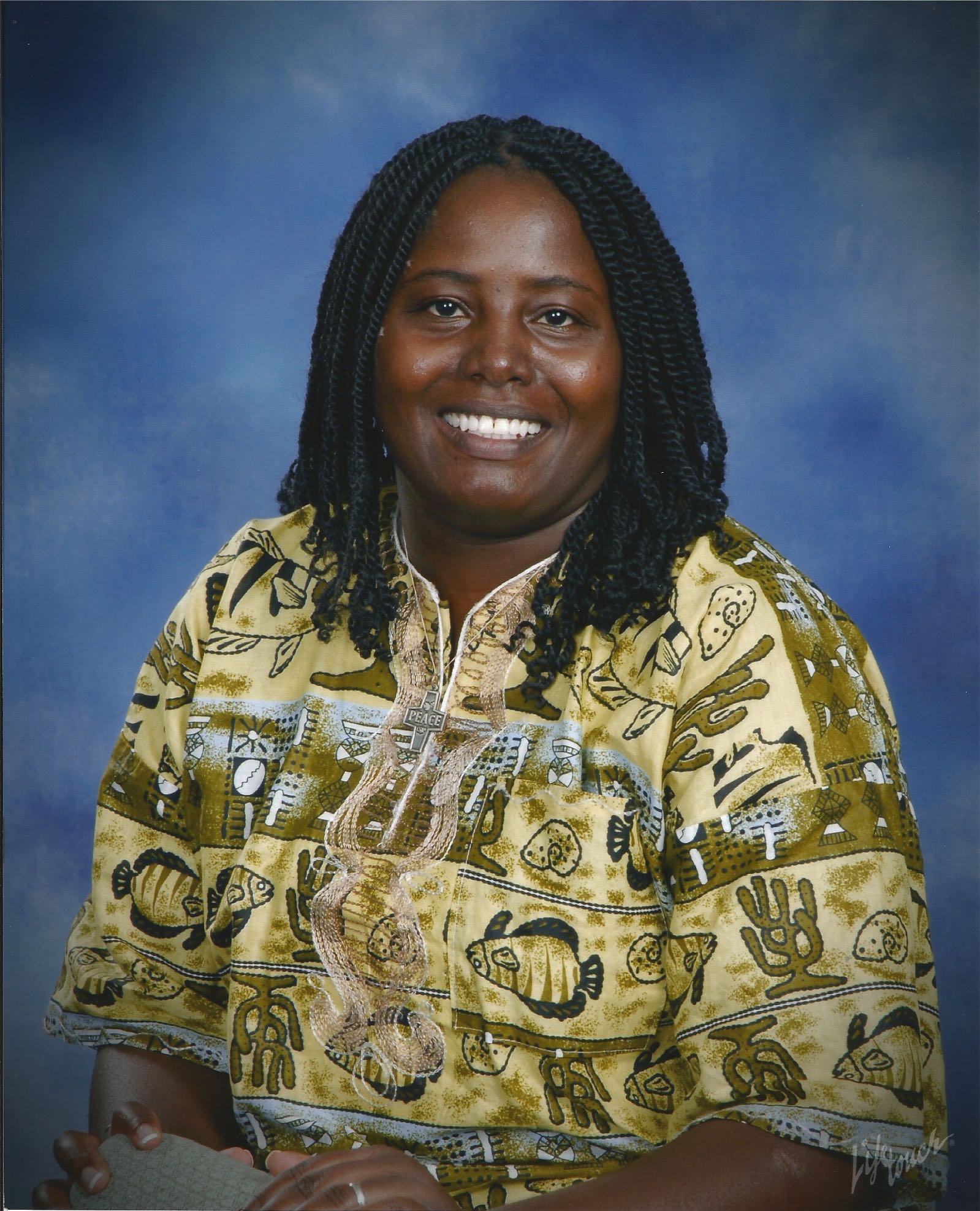What Name Do You Prefer… What Does it Mean?
What name do you prefer? The question about what name one prefers is not new in religious life. My CSJP Sisters had shared stories on how they received, what some of them called, their "nun name" when they made the first vows decades ago. The owner of the name did not understand how the name was chosen. The stories on how the name surfaced and given to the individual was the norm then. This meant taking on the new name and dropping their given birth name. It meant taking on a new identity. Most of the sisters have now reclaimed their given birth name. But one wonders how this affected the individual.
When I first meet new patients to be admitted to the unit, I make the point to ask "What name do you prefer?" The individual's response on what name they prefer always serve as the beginning of a nurse-patient relationship. It is an icebreaker, a way to open up the conversation, to build rapport, and to pronounce it right. The interaction gives the patient an opportunity to ask how I pronounce my name. The next question that always follows is "What does it mean?" I have heard different pronunciations of my name, Cherotich. Some pronunciations are not even close to what it should sound like. For this reason, I choose to shorten it to Chero. And yes, it has meaning!
I did not have to take on a new or a "nun name" when I became a CSJP. But I have experienced what it means to reclaim my given birth name, Cherotich, after being in this country for a while. I was born in the evening when the cows were coming home from the grazing fields. The name Cherotich means "the cows are coming home." Cherotich is the name that I identified with while growing up. My heart connects with it.
After several years in this country, it felt like I took on a different identity. The first, middle initial and the last name are required when completing any official documents. The name that I identify with is considered officially as my middle name. It had taken time before I realized that I was responding to a name (baptismal name) that did not define my identity.
With the British colonization and the introduction of Christianity in Kenya, the baptismal names were considered the official first name. My baptismal name, Hellen, defines me as a Christian, the religion that my parents introduced me to as I grew up. On the other hand, my grandmother, before she died, introduced me to what I now call the spirituality of my ancestors. It is because of this knowledge that I understand what it means to be a Christian, a Catholic. I give thanks to the Kalenjin mentors (tribal elders) who continue to call on and inspire reflection on my true self. Identifying with Cherotich and not Hellen does not lessen the meaning of my baptismal name. Rather, it deepens the understanding of why and how I took on the name when baptized.
So what name do you prefer? Does it have meaning?
How did the name Giving Voice come to be? Giving Voice is a network of younger women religious under 50 from all over the U.S.A. It is a space that “gives voice to the hopes, dreams and challenges in religious life” of younger religious women. Visit our website, Facebook page, and follow us on Twitter to learn more about us. Most importantly, learn more about our activities and how – together – we give voice to the next generation of religious life. Explore the stories and journeys of how we live our vows and ways we embody the future of religious life. This is the spirit and meaning of Giving Voice!
To all who support us, financially and otherwise, know your continued support is appreciated. On behalf of all of us, thank you/Asante sana.
Chero Chuma, CSJP


